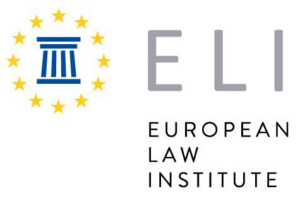Liberal democracy has been seriously questioned and challenged in Europe. To act against democratic backsliding in Hungary and other EU member states, EU institutions initially relied mainly on EU infringement procedures. The EU has complemented these instruments with a rule of law conditionality mechanism and developed procedures on how to suspend membership rights (Article 7, Treaty on the EU). The Council of Europe and its Venice Commission have elaborated an extremely valuable series of documents defining key principles and institutions of liberal democracy. However, these elements have not yet evolved into a coherent constitutional blueprint for a liberal democracy, not least because national institutional arrangements differ significantly.

The Vienna-based European Law Institute (ELI) has now endeavoured to put the jigsaw pieces together in a ‘Charter of Fundamental Constitutional Principles of a European Democracy‘. Of the 36 principles defined in the Charter, the principles refering to accountability were the topic of a webinar held by ELI on 6 May 2024. Joining a panel with Renáta Uitz, Michal Krajewski, Takis Tridimas and Yves Van Den Berge, I related accountability to the conceptual approaches proposed by contemporary theorists of democracy.
All principles of the Charter are explained by commentaries that also refer to important intellectual sources that have shaped the interpretation of the respective principles. The commentary on Principle 19 – accountability – illustrates how discourses among the communities of democratic theorists and European / comparative constitutional law scholars have diverged. The webinar provided a great opportunity to link threads and communicate insights across disciplines and traditions.